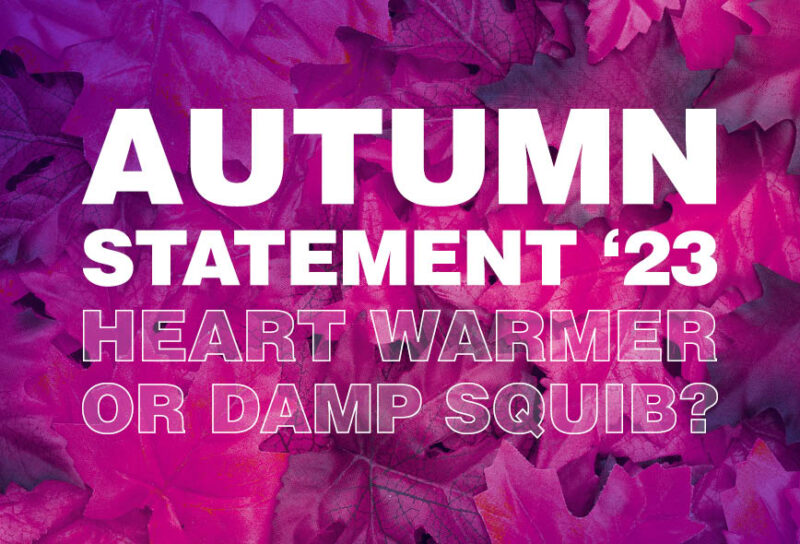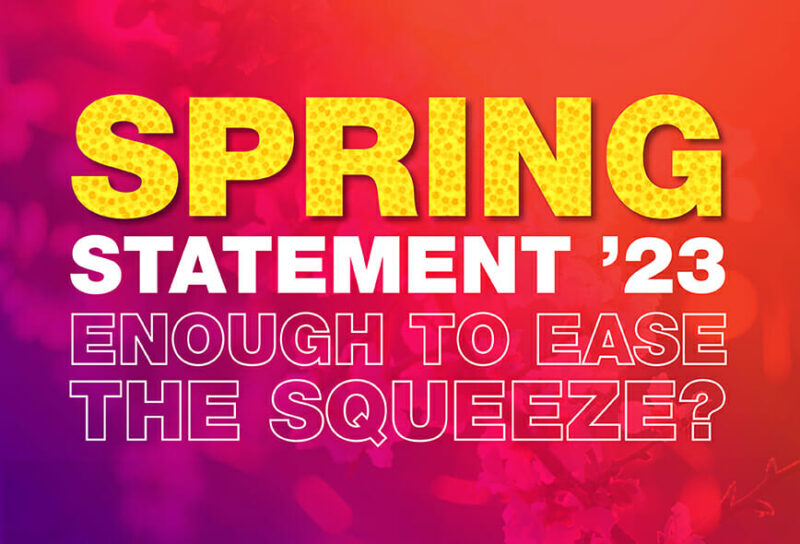A furnished holiday let (FHL) is a bit of a hybrid for tax purposes. That’s because it straddles the line between an investment with ordinary rental income, and a business which qualifies for favourable tax treatment in certain areas.
So, with the leisure industry hit hard by COVID-19, what help is out there for people who run a FHL business?
DAY COUNT LIMITS
To qualify as a furnished holiday let, you have to let the property for a certain number of days each year (105, currently), and make it available for letting for 210 days.
If there’s a chance you won’t reach the qualifying day counts this year, there’s a period of grace election you can potentially make to continue to qualify.
DEFERRAL OF 31 JULY 2020 SELF-ASSESSMENT PAYMENT ON ACCOUNT
If you’re within the self-assessment tax return regime and were due to make a payment on account on 31 July 2020, this can now be deferred until 31 January 2021 – without incurring any interest or penalties.
Originally, this was announced only for the self-employed, but now, it’s been extended to all taxpayers. The deferral is automatic, so you won’t need to take any further action. But it’s also voluntary, and the guidance asks that your payment is still made if you’re able to do so.
CORONAVIRUS SELF-EMPLOYED INCOME SUPPORT SCHEME (CSISS)
CSISS is for certain self-employed individuals (including partners in a partnership) and comes in the form of a taxable grant.
That grant will be calculated as 80% of your average profits for the 2016-17, 2017-18 and 2018-19 tax years (where applicable), subject to a maximum of £2,500 per month for 3 months – although the scheme may be extended in due course.
To qualify, your trading profits can’t exceed £50,000. And that figure is determined by either looking at your 2018-2019 trading profits or, alternatively, an average of the position for the 2016-17, 2017-18 and 2018-19 tax years.
The key question is this: are you self-employed if you run a FHL business? Unfortunately, the likely answer is no. But again, we’re waiting for further guidance from HMRC on this.
UNIVERSAL CREDIT
Those affected by COVID-19 may be able to apply for Universal Credit, receiving up to a month’s credit up front – without physically attending a job centre. HMRC have also relaxed the rules around claiming Universal Credit during the outbreak, making it easier to claim.
BUSINESS RATES
If you’re based in England, you won’t pay business rates for 2020/21. But if you already qualified for the small business rates relief, this probably isn’t too much help. If you pay council tax, there isn’t any relief for this, so it will still be due.
GRANTS
You could qualify for cash grants which will be available as follows:
- £25,000 per property with a rateable value between £15,001 and £51,000
- £10,000 per property with a rateable value of under £15,000.
In addition, businesses in any industry that pay little or no business rates will be given a grant of £10,000. This applies to businesses already claiming small business rate relief, rural rate relief or tapered relief.
Your local authority will write to you if you’re eligible for these grants. And until then, there’s nothing else you need to do.
There is, however, a restriction if the FHL is used for personal use which could mean you don’t qualify for the grants. But again, we’re waiting for further guidance on this.
CAPITAL ALLOWANCES
Often overlooked, the capital allowances tax relief is linked to the capital expenditure incurred on buying, developing, extending or converting the FHL. The actual level of relief depends on the specification of the property and its facilities. But the typical tax savings are significant, so they should be captured regardless of current circumstances.
If you haven’t had the property surveyed for capital allowances, there may be more you can claim to reduce tax already paid, or future liabilities.
THREE-MONTH MORTGAGE HOLIDAY
It’s not clear whether this will apply to people with FHLs, so we’d suggest talking to your mortgage provider about this option.
VAT PAYMENT HOLIDAY
If you’re registered for VAT, the Chancellor announced that VAT return liabilities owing during the period from 20 March 2020 to 30 June 2020 will be deferred.
Businesses will have until 31 March 2021 to repay what they owe. HMRC won’t charge interest or penalties on amounts deferred under this scheme. And Direct Debits should be cancelled to take advantage of the deferral, and set up again after the event.




















